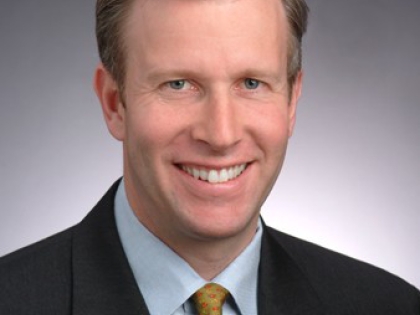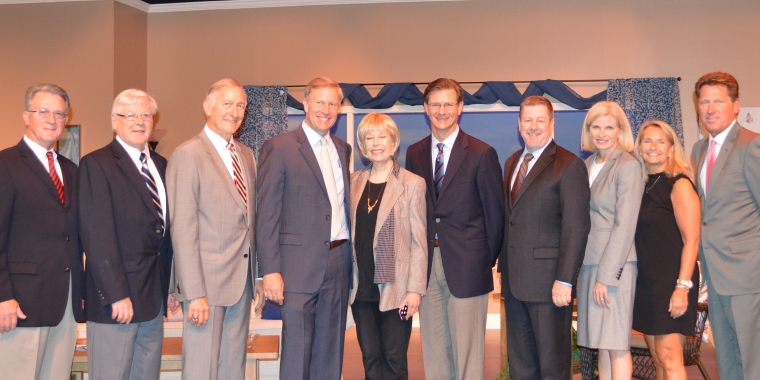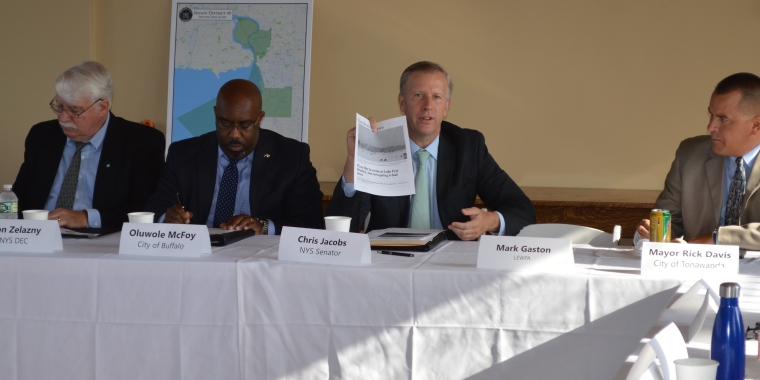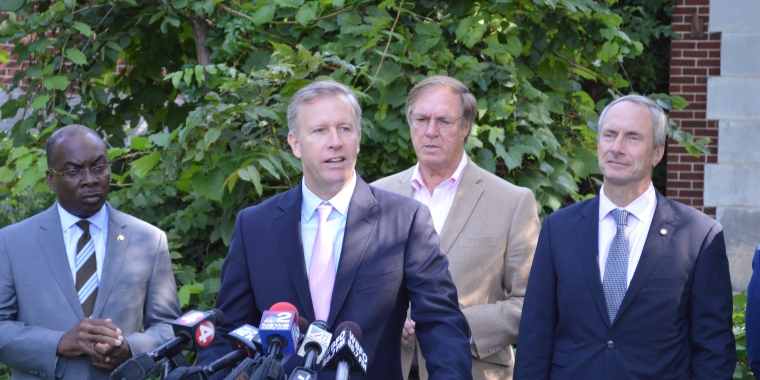
Jacobs Announces Passage of State Budget
Senator Jacobs
April 3, 2018
-
ISSUE:
- New York State budget
(Albany, NY) – New York State Senator Chris Jacobs (60th SD) announced the passage of the 2018-2019 New York State Budget, noting that the $168.5 billion spending plan represents much needed fiscal discipline while strategically investing in programs and initiatives that will grow the state’s economy and improve the quality of life for residents of Buffalo and Western New York.
“The budget we approved eliminated $1 billion in new taxes and fees originally proposed by the Governor, while cutting taxes to spur investment and create jobs,” Senator Jacobs said. “When you combine that with the successful restoration of the business tax credits the Governor proposed deferring, you have a budget that promotes a more positive business environment and better supports the economic recovery underway in Western New York.”
Shortly after the Governor proposed deferring the overwhelming majority of the state’s business tax credits in his executive budget, Jacobs lead the fight to restore them, citing the tremendous impact that brownfield and historic tax credits have had in the revitalization of Buffalo and Western New York’s economy. In what Jacobs called a “major economic development victory”, the $700 million in credits that were restored will ensure that investment and job retention and creation projects, planned and already underway, will continue moving forward.
“For the eighth straight year state spending is being held at or below two-percent,” said Jacobs. “This self-imposed spending cap we have insisted on has saved taxpayers a cumulative total of approximately $52 billion,” the Senator added.
Jacobs said he and his Senate majority colleagues made it a priority to protect and expand the popular STAR property tax relief program and rejected the Governor’s proposed cap on STAR benefits. The new budget fully funds the Enhanced STAR program for seniors, providing $865 million of relief. It also extends the property tax rebate check program. Many homeowners will see their rebate checks double to an average of $380 this year and $532 next year.
Emphasizing that parity in the distribution of state resources is a primary objective of his service in the Senate, Jacobs also highlighted spending priorities that he fought for during budget negotiations. They include:
Erie County Facilitated Enrollment Child Care Program – Secured $500,000 for critically important program that enables low-income working parents to secure quality and affordable childcare.
Education Funding – A $1 billion increase over last year for total education spending of $26 billion, the largest commitment ever to public education. This includes $619 million in Foundation Aid, $281 million more than the Governor’s proposal, fully funding expense base aids at $240 million and $1.2 million in funding for Buffalo School Health Services. School Districts in the 60th Senate District are below:
|
DISTRICT |
17-18 FOUNDATION AID |
18-19 FOIUNDATION AID |
% CHANGE |
$ CHANGE |
|
City of Buffalo |
$511,147,503 |
$525,885,097 |
2.9% |
$14,737,594 |
|
Frontier |
$22,504,345 |
$22,931,927 |
1.9% |
$427,582 |
|
Grand Island |
$11,368,470 |
$11,584,470 |
1.9% |
$216,000 |
|
Hamburg |
$15,672,329 |
$15,970,103 |
1.9% |
$297,774 |
|
Ken-Ton |
$37,887,996 |
$38,975,801 |
2.9% |
$1,087,805 |
|
Lakeshore |
$20,995,778 |
$21,394,697 |
1.9% |
$398,919 |
|
Orchard Park |
$15,573,952 |
$15,869,857 |
1.9% |
$295,905 |
|
City of Tonawanda |
$13,085,243 |
$13,333,862 |
1.9% |
$248,619 |
Higher Education – Complete restoration of $35 million in BUNDY aid for private colleges and universities.
Local Roads & Bridges – Helps local governments make necessary infrastructure improvements and create jobs with $503 million for local street and highway projects and $150 million for local bridge projects.
Heroin and Opioid Abuse – A new record level of investment of $247 million for prevention, treatment and recovery services, including making permanent a Peer to Peer Engagement program that was sponsored by Jacobs, a Co-Chair of the Senate’s Heroin and Opioid Addiction Task Force. Western New York’s Save the Michaels of the World also received $425,000 for wrap-around care before, during, and after addiction treatment.
Protecting Seniors – Fully funds New York’s vital Elderly Pharmaceutical Insurance Coverage (EPIC) program at $132.6 million to help cover seniors’ prescription drug needs. It also provides $50 million for the Expanded In-home Services for the Elderly Program along with a wide array of programs and initiatives that serve New York’s senior community.
Preventing Lyme Disease – Allocates a record level $1 million to support the recommendations of the Senate’s Task Force on Lyme and Tick-Borne Diseases. The recommendations include calling for the creation of a statewide action plan and the development of a standard protocol for diagnosis and treatment.
Western New York based organizations that Jacobs helped secure funding for include:
Center for Elder Law & Justice - $250,000
Neighborhood Legal Services - $250,000
People Inc. - $1,000,000
Jacobs expressed disappointment that a comprehensive regulatory reform package he advanced that would cut red tape, eliminate unnecessary and duplicative regulations that stifle business growth and makes improvements to the regulatory process that will create a more business friendly environment was not included in the final spending plan.
“Overall, I am pleased with the budget that was approved because it addresses a number of critical needs in our community while protecting taxpayers,” said Jacobs. “For the remainder of our session however, I will continue pushing for the approval of our regulatory reform package. Decreasing the cost of local government and increasing the quality of our business climate are too important to not continue fighting for,” he concluded.
Share this Article or Press Release
Newsroom
Go to NewsroomShea's 710 Theatre Receives Major Funding Boost from Senator Jacobs
September 14, 2017

Jacobs Pushes for Action on Fentanyl Bill
September 8, 2017
Jacobs Convenes Great Lakes Roundtable
September 6, 2017

